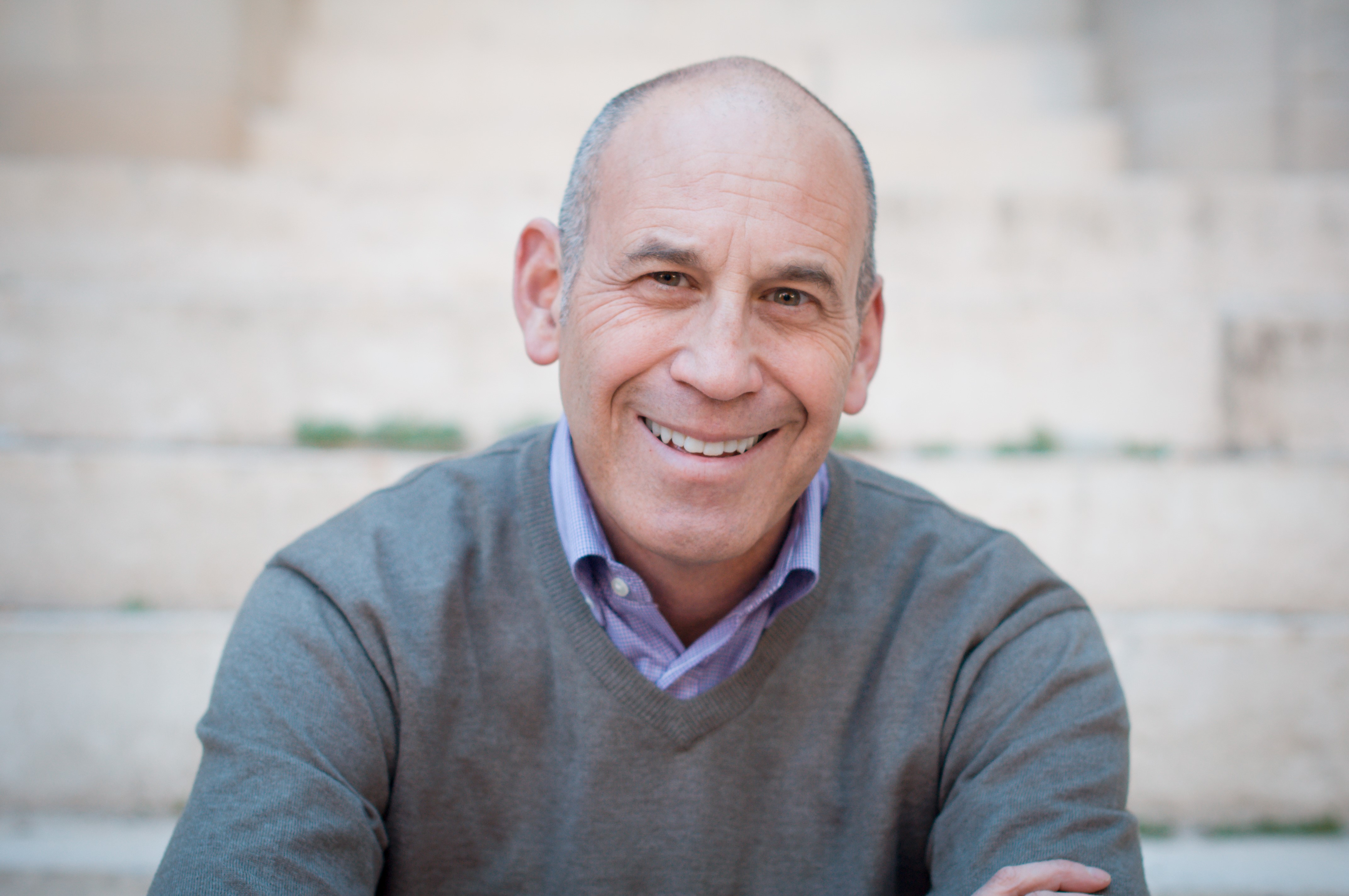On the last day of his life, Moses sings a song to the gathered Israelites. For thirty-one chapters in Deuteronomy, Moses has told the Israelites how to behave, what God expects from them, and how to lead a life filled with blessing and absent of curses. With his final breath, Moses teaches with song.
This is exceptional. Almost all of the Torah text -- 5852 verses – are written in prose style. Only two other times does the text indicate poetry/singing: The Song of the Sea in the Book of Exodus, when the escaping Israelites cross the water, and the Song of the Well (Numbers 21:16-18), when the Israelites thank God in song for saving them from an enemy ambush.
I have often imagined how Moses’ voice might have sounded on the last day of his life. Would it have been a strong baritone? A resonant tenor? Would it quaver or warble? Did Moses’ voice tremble orexhibit strength? At 120 years of age, did he lean on his staff when singing? Did anyone stand at his side or was he alone on this desert stage?
What I found most curious and intriguing was the question: Why did Moses choose to sing his final message in poetic verse?
As a cantor, I, along with my colleagues, know and understand the power of the sung human voice. It is powerful enough to sail across symphony spaces, bounce off the back of the largest concert halls, and yet in its most intimate form, a singer’s soft voice can express one’s most intimate thoughts, the poet’s secret hopes and desires. When we sing, the musical vibrations move through us and through the audience, heightening the emotional impact. Perhaps Moses sang his penultimate words to reverberate in the hearts, souls, and minds of the assembled Israelites and beyond to generations yet to come.
Towards the end of last week’s Torah portion, we read, “That day, Moses wrote down this poem and taught it to the Israelites.” I wonder if he realized as he was composing it that thousands of generations later, people would still be singing the song in synagogues and seminaries and Hebrew schools in communities around the globe?
I believe that singing is eternal, and it is one of the many reasons why I sing. When I see song, I see the musical notes and waves extending and emanating across the spheres of the universe. The songs and melodies never die, they rebound and resound. The songs that I sang in my high school choir room resonate still in my head, often as loudly as the songs and choral masterpieces I sang in music conservatory. The chants and songs I sang as a student while at Hebrew Union College-Jewish Institute of Religion are still with me as are the reverberations of all the songs I sang as a cantor at Temple Isaiah in Los Angeles.
As cantors and as singers, we often wonder if our songs and chants will be remembered after we are gone and our voices are silenced: all the lessons sung, the communal songs shared, the verses of Torah chanted, the folk songs accompanied on guitar. None of us are Moses, but all of us hope that the songs we sing are eternal.
The poet Robert Louis Stevenson articulates the eternal nature of song in the following poem, made even more famous in a setting by British composer Ralph Vaughn Williams:
Bright is the ring of words
When the right man rings them,
Fair the fall of songs
When the singer sings them.
Still they are caroled and said –
On wings they are carried –
After the singer is dead
And the maker is buried.
Low as the singer lies
In the field of heather,
Songs of his fashion bring
The swains together.
And when the west is red
With the sunset embers,
The lover lingers and sings
And the maid remembers.

